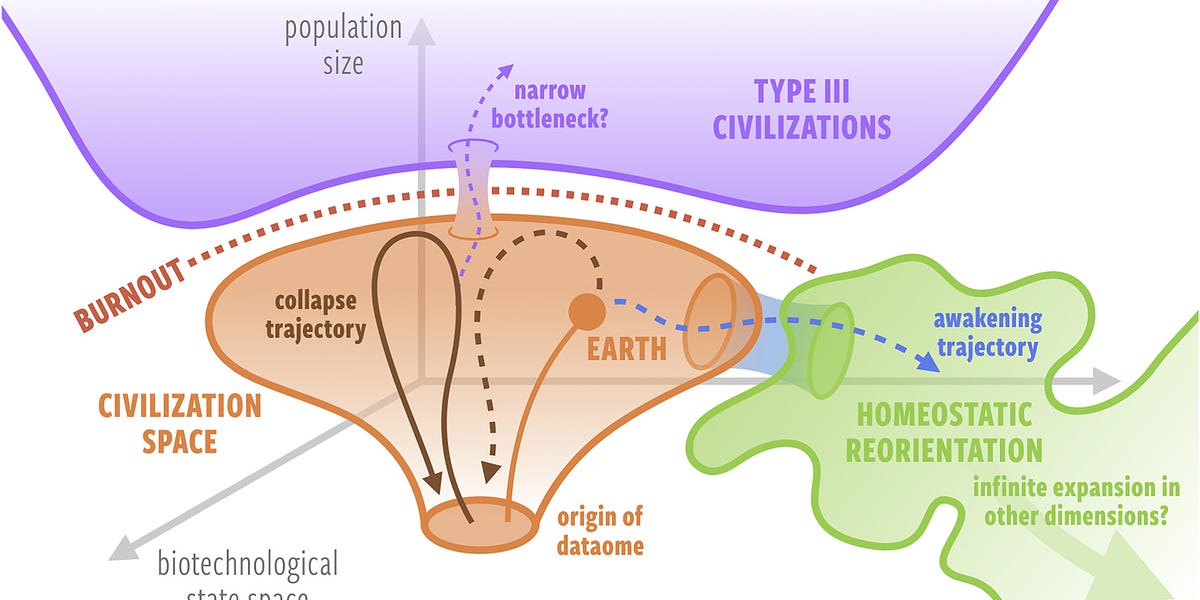
Metaphors we believe by


Charles Adjovu and added
There are two dominant narratives in human literature: Good vs. Evil and Humans Against the Gods. Most people in life gravitate towards Good vs. Evil. They constantly try to identify the evil bad people. Who are they? Republicans? Antifa? Tech Bros? Politicians? Teachers Unions? Democrats? Police? White Supremacists? Woke Supremacists? Muslims? Jew... See more
Ben Horowitz • The Architecture of Tomorrow: An Interview With Ben Horowitz
sari added
Indeed, the modern project, dating back at least to the 17th century, particularly in its techno-scientific dimensions, can be interpreted as a grand effort to tame nature and bring it under human control. And, of course, as C. S. Lewis observed in The Abolition of Man, the drive to control nature was eventually turned on humanity itself.
theconvivialsociety.substack.com • The Paradox of Control
Alex Wittenberg added
Why Our Belief Systems Create Misperceptions- Published in The European, Nov 2014
Rivahardtowrite.com
Stuart Evans and added

andrea and added

kram and added
We realised that the tools we have created to master the world are re-mastering us. But more importantly, it became evident, that the desire for mapping, tweaking and ultimately, controlling, deeply complex systems is hubristic. As Tega Brain writes in her exceptional essay “we must acknowledge how deeply entrenched we are within a computational wo... See more
Medium • Calling for a More-Than-Human Politics
Keely Adler and added
The profound erosion of trust in the Digital City leaves a vacuum, and we look to our tools to fill it. We seem set upon interlocking trajectories: of ever greater swaths of the human experience being computationally managed, and of intractable human subjects increasingly breaking down or revolting against these conditions.